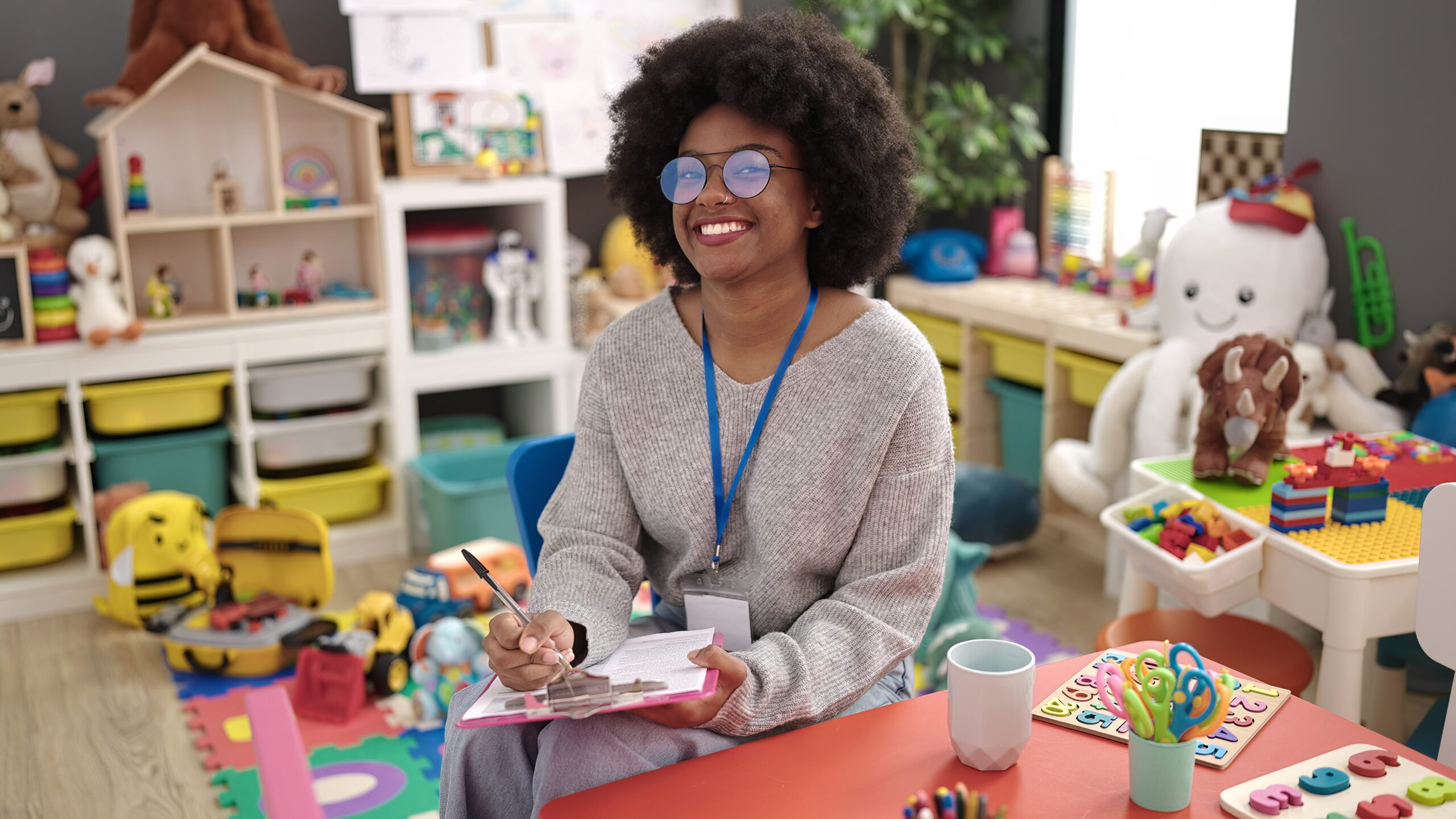Preparing for Ofsted inspections webinars
Purchase our recorded webinar to be more informed about the latest Ofsted reforms due to come into place from 10 November 2025.
Buy now
Summary of changes: Early Years Inspections 2025
See all of the upcoming changes to Ofsted inspections which come into effect from 10 November 2025. Be prepared in your setting and download our summary of changes document.
Download here
Live Virtual Classroom Training
High quality practice is the foundation of a successful inspection. This 4 part live virtual training course will support the knowledge of early years leaders in relation to the Ofsted inspection process.
Book now
Face to Face Training
This full day training course will support the knowledge of early years leaders in relation to the Ofsted inspection process. The course will enable early years leaders to build an understanding of Ofsted’s inspection processes, prepare staff and build confidence.
Find out more
Ofsted inspection framework 2025 FAQs
From 10 November 2025, Ofsted is introducing a fully updated inspection framework for early years, including a new inspection toolkit, new operational guides, and a new report card system with a five‑point grading scale.
Ofsted is replacing previous inspection judgements with a new five‑point grading scale:
1. Urgent improvement
2. Needs attention
3. Expected standard
4. Strong standard
5. Exceptional (new grade highlighting best‑in‑country practice)
Instead of a single headline judgment, Ofsted will issue a report card combining:
– At‑a‑glance grades
– Narrative explanations
– Strengths and areas for improvement
It is designed to be more accessible, especially on mobile devices
Under the 2025 framework, Ofsted will evaluate a wider range of areas:
– Safeguarding
– Inclusion (new category)
– Curriculum & teaching
– Achievement
– Behaviour, attitudes & routines
– Children’s welfare and well‑being
– Leadership & governance
Safeguarding will be reported as a separate category, graded as “met” or “not met”, with clear narrative justification provided on the report card.





